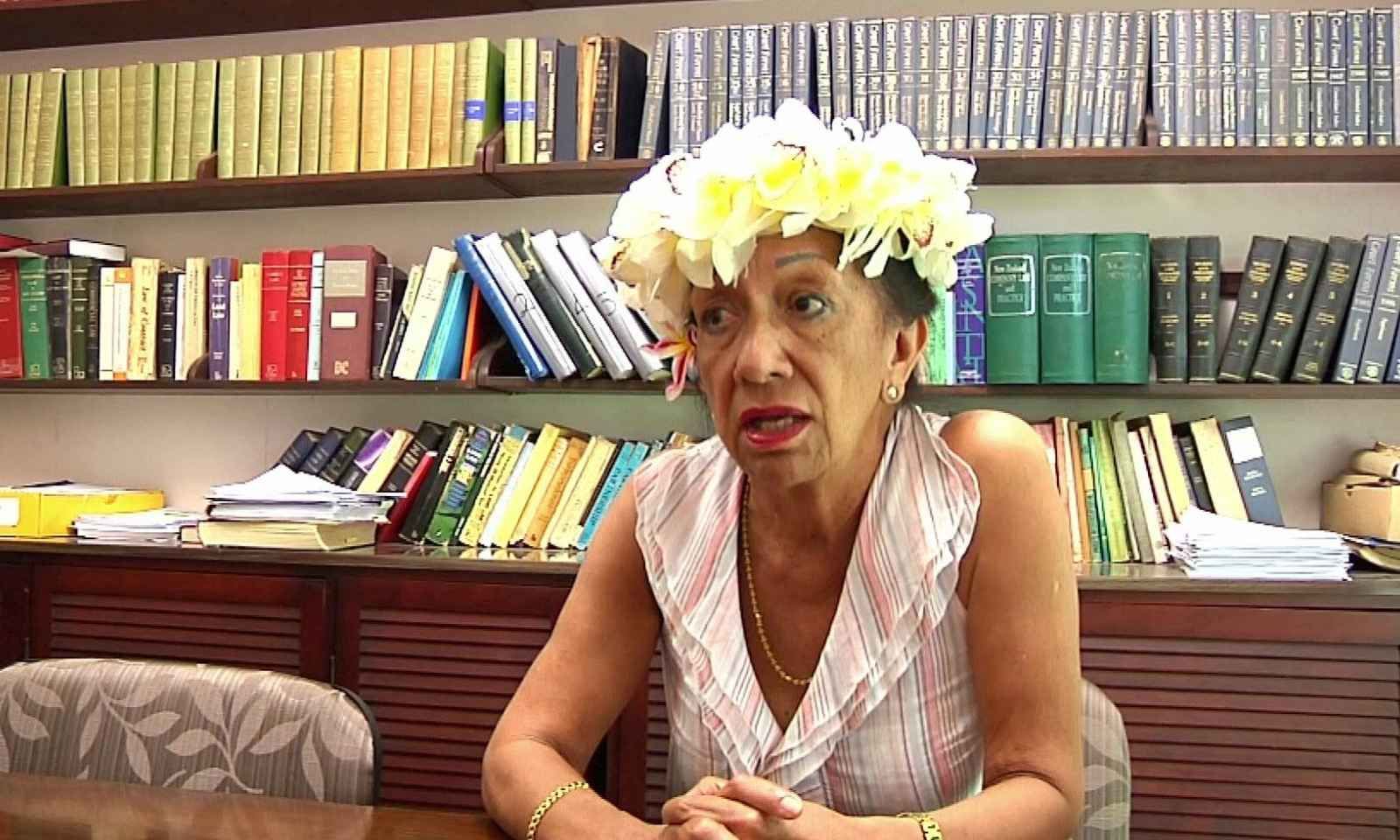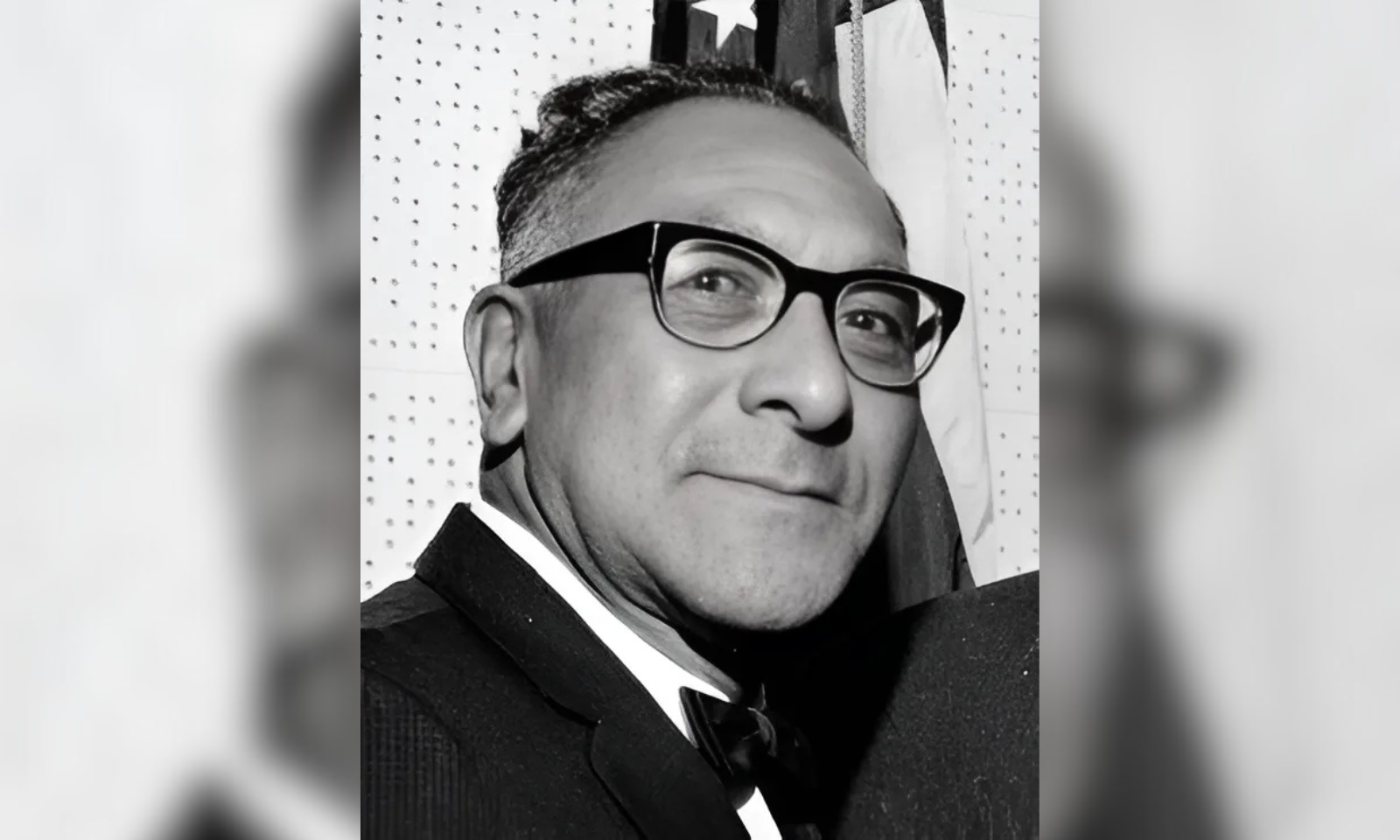

Cook Islands Prime Minister Mark Brown.
Photo/Supplied
Cook Islands drops passport bid, forges ahead with China talks
Prime Minister Mark Brown has ditched plans for a national passport, but continues to pursue a new deal with Beijing.


Time for an Indigenous State of Origin? The All Stars game shows who really powers the NRL



The Cook Islands government has scrapped plans for a national passport as questions surrounding its upcoming engagement with Beijing are fuelling further debate.
The controversial move was abandoned following extensive criticism from New Zealand’s Ministry of Foreign Affairs, which stated that the two countries “do not see eye to eye” on numerous issues.
In late 2024, Prime Minister Mark Brown proposed a symbolic national passport to commemorate 60 years of self-governance
New Zealand’s Foreign Affairs Minister Vaovasamanaia Winston Peters said the passport could compromise Cook Islanders’ New Zealand citizenship.
Speaking to William Terite on Pacific Mornings, political commentator Thomas Tarurongo Wynne said transparency was crucial.
“I heard [Brown] use the term ‘we’ a number of times with regard to the passport, which is now off the table.
“If there's one thing that the previous government has said that they got wrong was they did not consult enough with the people and they did not take the people with them,” Wynne said.
“That is absolutely integral here, also with such a small community, one decision has such a huge impact.”
Watch Thomas Tarurongo Wynne’s full interview below.
Calls for transparency
Brown is scheduled to visit China from 10 to 14 February, during which time a partnership agreement is expected to be signed.
Speaking to Cook Island News, opposition leader Tina Browne welcomed Brown’s forthcoming state visit to China as a “significant development in our foreign relations”.
Still, she warned new agreements must safeguard national interests, regional stability, and sovereignty.
Browne noted China’s expanding influence in the Pacific and urged the government to maintain transparency, warning it must not compromise its independence or long-established partnerships.
She said a careful balance between economic opportunities and geopolitics was needed and questioned how far-reaching the plan might be.
“When we're going to sign up to a comprehensive plan with Beijing, what does comprehensive mean? Because in my mind, comprehensive means absolutely every aspect of government.”

Cook Islands Opposition leader Tina Browne. Photo/Facebook/Radio Cook Islands
Consultation and appetite for change
Brown stressed that the agreement did not include security and would focus on infrastructure development and transparency.
But Wynne said public consultation should be done, as there was strong engagement on the issue.
“If we think about 1965 … on the table was an opportunity to referendum the people and, at the time, Albert Henry and the group chose not to, and free association was chosen.
“We had independence as an option, and [our leaders] chose not to have it. But if you take 60 years from 1965, our people are a lot more engaged.”
With elections set to occur in 2026, Wynne believes the coming months will be critical for shaping voters’ faith in their leaders and hopes the people will be given the choice to “elect their leader.”
“I think the people of the Cook Islands have been very impacted by the world around them - this government's been in power since 2010.

Albert Henry was the founding Premier of the Cook Islands, 4 August, 1965. Photo/Supplied.
“We need a shift and a change in the way we govern and lead.”
PM Brown’s office also admitted disagreements between them and New Zealand regarding the shipping registry and claims over the lack of transparency regarding policies and partnerships with other countries.
Wynne said other issues, such as seabed mining and infrastructure, had drawn public scrutiny to the Cook Islands.